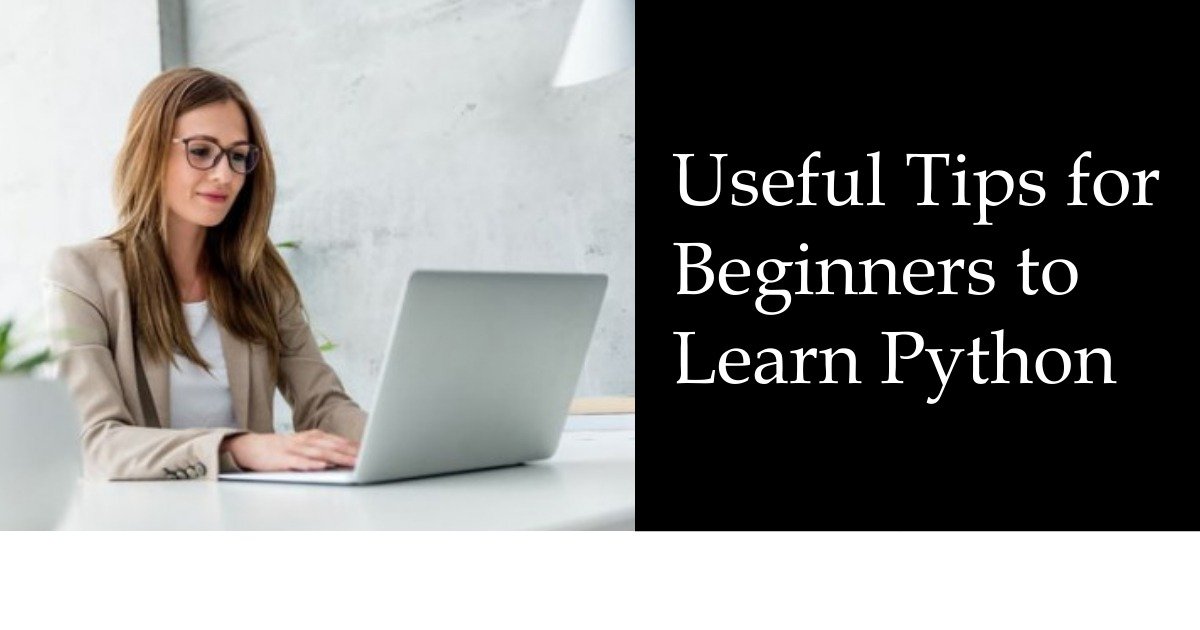People who know about python tend to get intimidated by the way it works. Python for beginners may seem difficult at first but this coding language transcends through all platforms. Python is a popular coding language like java. Learning and understanding python is like studying a new language however the things you want to convey remain the same.
Therefore, python is not a completely alien language. Programming is a whole different subject and it would be safe to say that python is the language of programming. Learning python may take you months or years, it depends on user focus and practice. Python classes do not urge the learner to study rather they facilitate the beginner to expand his knowledge.
A coding language like python has a basic terminology similar to alphabets. Once a beginner masters the basics, the next few coding steps become simplified. All python certification course deploys certain tactics and advanced study strategies that freeze the language in the beginner’s mind for years.
Learn Python at Home
Since python is a high-level programming language you can learn it within the comfort of your home. Python for beginners lays out a systematic work plan that the beginner must follow through. Taking shortcuts will definitely help you achieve your certification goal earlier however this will affect your long-term understanding and application of the language.
All python instructors emphasize practice. Python is an object-orientated language which means it comprehensively details all programs. Pythons simple and easy to learn syntax increases readability. People usually learn python to decrease dependency on automated programs. A python certificate is not only valued as a skill but it also appears as an asset during job interviews.
How to make the programming language stick?
Python is the kind of coding language that you may not have to use all the time however you cannot enroll in python classes every time you forget a few things. Research has shown that writing down notes immediately increases brain activity and you will not forget terms. For this reason, try to write out the python syntax and jot down the notes on a piece of paper. Writing everything down by yourself will give you a clearer understanding.
The next step is to activate the interactive python shell even if you are still using python for beginners. It is essential to convert knowledge into practical application. After you study python for a long time, all the terminology looks like jargon and you start to lose the sense of the lines. The practice is crucial although too much of anything is bad. Learn to take breaks and practice the language in a less stressful environment. Take your time and do not rush at the beginning.
Acquiring large programs and applying python
After completing your python certification, the question arises of whether you can apply the knowledge or no. Python teachers advise the students to start with less complex programs and build their way up. This strategy will increase motivation and also increase experience. Smaller and less complex programs are present in the python library for practice. Previous users have created their programs and left them in the libraries for aiding newbies.
Surround yourself with a support group and feel free to share your debugging stories with fellows. Working towards a common goal will help you master the language at your fingertips. Follow a pair-program where you receive the same tasks from the python classes and work on them together. A great tip while learning python is to teach others. Whiteboarding is common and interactive for python beginners.
